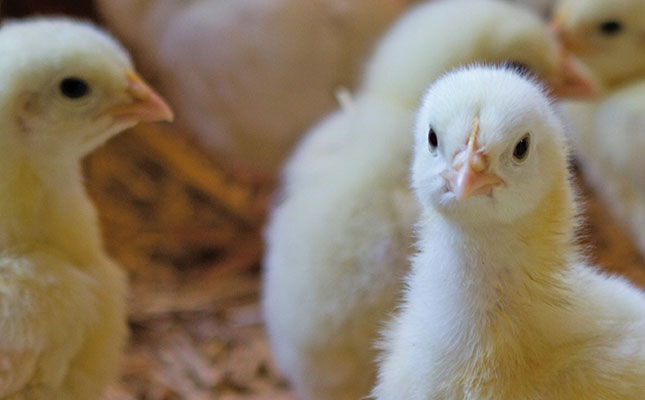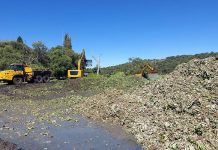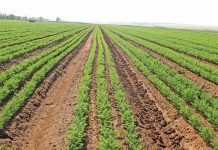
Photo: FW Archive
Although chicken and eggs are popular, lower-cost protein sources for many South African consumers, widespread unemployment and other COVID-19-related economic challenges will pose a major threat to demand in 2021.
Izaak Breitenbach, general manager of the South African Poultry Association’s (SAPA) Broiler Organisation, said one of the goals of the national Poultry Sector Master Plan was for chicken meat producers to increase production to cater for the expected reduction in chicken “dumped” onto the South African market by other countries.
READ Poultry litter to biogas: adding more value to farm waste
“In terms of the master plan, the single most important factor to be addressed is unfair trade, dumping, under-declaration of imported meat or declaration of imported meat under the wrong [import] tariff heading to avoid paying the required taxes, and then round-tripping.”
Breitenbach added that, while South Africa’s chicken meat sector had long been globally competitive, competition from unfair trade had held the sector back from growing in line with national per capita consumption of chicken meat. It was hoped that actions to eliminate illegal imports would be finalised during 2021.
He also expressed concern that the sector could be hard-hit by reduced demand due to increasing financial pressure on consumers, and continued high feed costs. Breitenbach said, however, that concerted efforts were being made in terms of the master plan to grow national and international markets for local chicken.
READ Reduce heat stress in poultry with vitamin C supplementation
Highlights to be expected in 2021 with regard to export opportunities included already negotiated easier access to the United Arab Emirates; targeting Saudi Arabia as a second Middle East market; completing the process to facilitate exports of precooked chicken products into the EU; and taking advantage of markets in Africa under the African Continental Free Trade Agreement.
Willie Bosoga, chairperson of SAPA’s Egg Board, said the profitability of egg producers during 2021 would also hinge largely on factors such as consumers’ disposable income status and feed costs. The egg sector was still recovering from the “disastrous” losses suffered in 2017/2018 due to the avian influenza outbreak.
“We expect demand to be stable but low [due to] diminished consumer spending. Stable production may lead to an egg oversupply and price pressure on producer returns, [which] could be exacerbated by high feed prices.”











